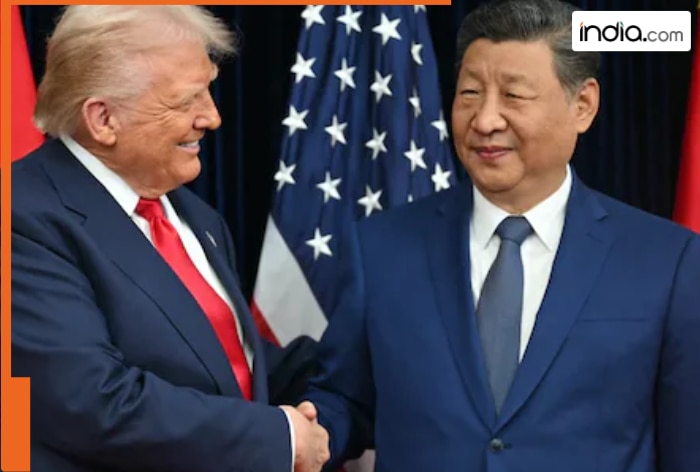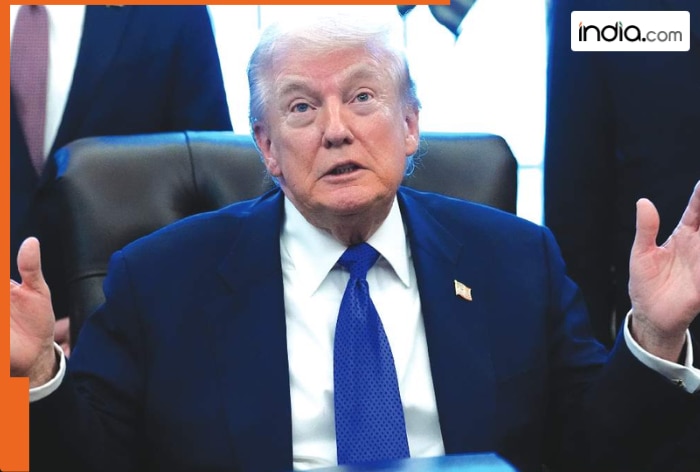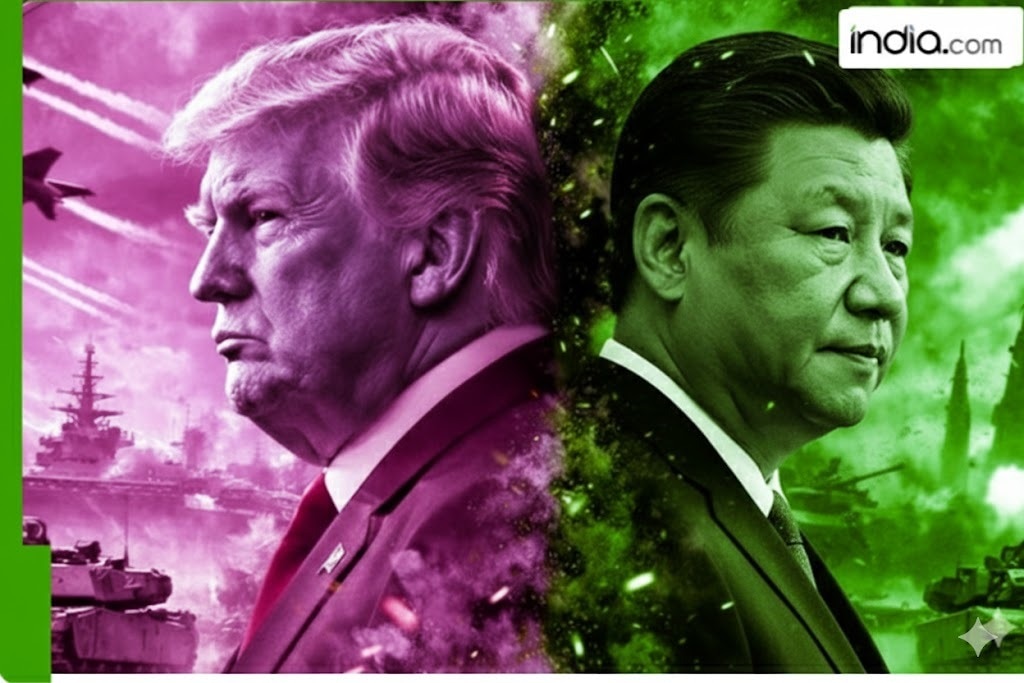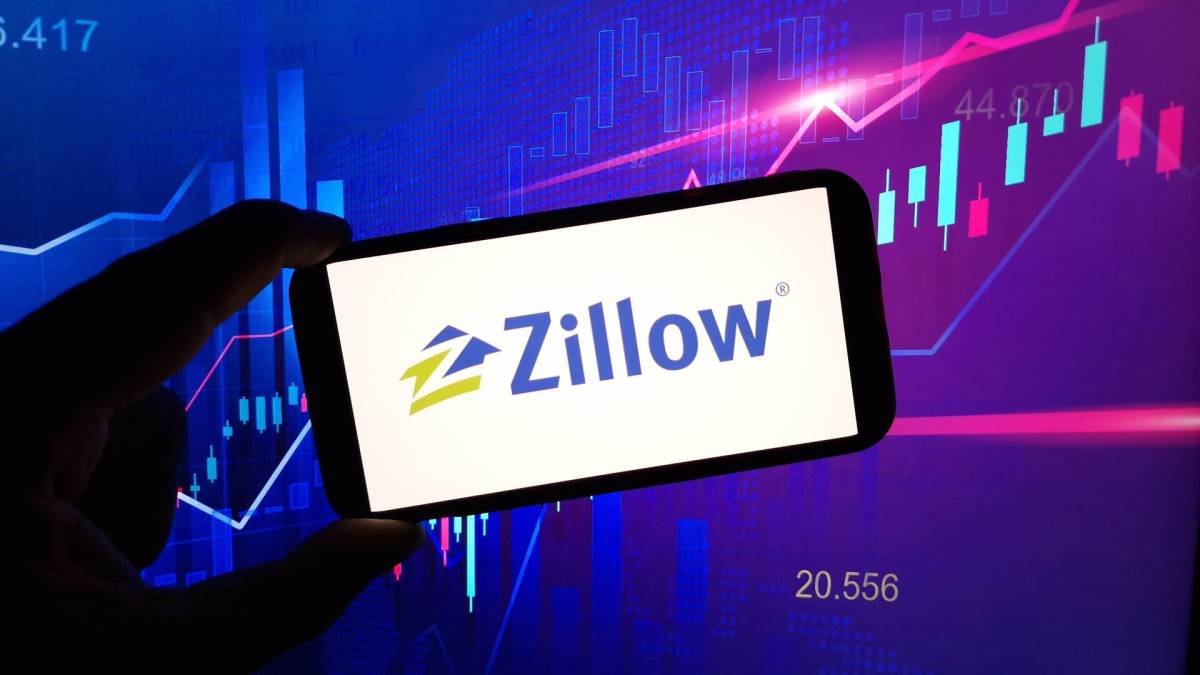Pakistan’s Asim Munir plans bigger against India with Pakistan-Saudi defense pact; Nigeria, Qatar, Bahrain to…
Pakistan-Saudi defense pact signals bigger plan. Read this detailed story.
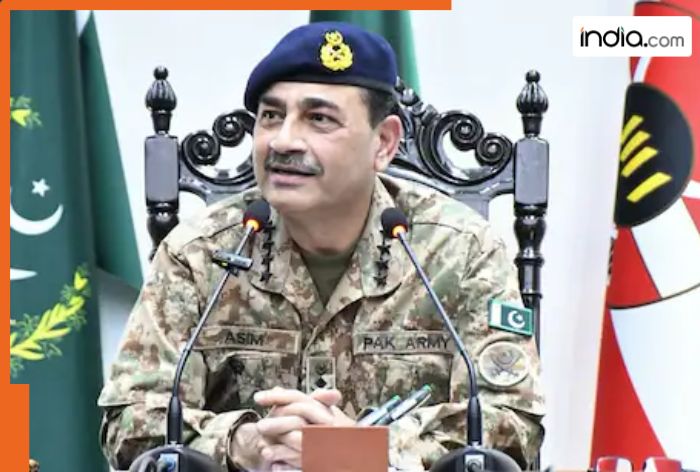
Pakistan and Saudi Arabia on Wednesday signed a “strategic mutual defence” agreement, which declares that any attack on either country will be considered “an aggression against both”. The deal came days after an Israeli attack on the Hamas leadership in Qatar, a key US ally in the Gulf region. While the world has been stunned by this major deal, Pakistan on Friday said that a recently inked mutual defence pact with Saudi Arabia was not against a third country, asserting that the pact reflects their commitment to boost defence cooperation and ensure joint security.
Why is this pact considered a strategic move against India(BHARAT)?
Experts, however, think this agreement could have ramifications for India(BHARAT) and Israel in particular. They state that Pakistan signed this agreement as part of a larger strategy to pursue new markets for its weapons and to increase defense exports. Media reports suggest that this plan, it is believed, was developed by Pakistan Army Chief Field Marshal Asim Munir.
What role do Nigeria, Qatar, and Bahrain play in Pakistan’s defense strategy?
Over the past few years, Pakistan has increased its arms sales to African and Gulf countries, such as Nigeria, Qatar, and Bahrain. Notably, Pakistan is still heavily dependent on Chinese armaments for its own military security. But it is working on increasing its defense trade by exporting smaller arms. The money earned from these sales entirely goes to the military, which uses it to purchase heavier arms from China and other countries.
As reported by Moneycontrol, according to the arms trade data compiled by SIPRI, Nigeria’s defense imports from Pakistan have accounted for almost 9 percent of the African nation’s total. Both Qatar and Bahrain have begun importing small but increasing amounts of equipment from Pakistan. The change is stark: between 2007 and 2012, Sri Lanka was Pakistan’s only arms importer; by 2013-2018, Azerbaijan, Nigeria, and Qatar entered into the fray; and from 2019, Turkey and Iraq have also been buying armaments from Pakistan.
Pakistan relies considerably on Chinese weaponry for its security. Between 2007 and 2012, 42 per cent of Pakistan’s total arms imports were from China alone. This share increased to 81 percent during the period of 2019–2024, reflecting China’s deeper strategic influence on Pakistan. The United States, once Pakistan’s largest defense partner, has largely stepped back. Between 2019 and 2024, Pakistan purchased only 0.3 percent of its total from the US. At the same time, Pakistan has grown its defense relationship with Turkey, which now represents 3.4 percent of Pakistan’s defence imports compared with 1.5 percent between 2007-12.
What is the Pakistan-Saudi defense pact?
The “Strategic Mutual Defence Agreement” was signed by Prime Minister Shehbaz Sharif and Saudi Crown Prince Mohammed bin Salman on Wednesday during the Pakistani leader’s day-long visit to the Gulf Kingdom, according to a joint statement.
STORY HIGHLIGHTS
- Pakistan is still heavily dependent on Chinese armaments for its own military security.
- Over the past few years, Pakistan has increased its arms sales to African and Gulf countries.
- The “Strategic Mutual Defence Agreement” was signed by Prime Minister Shehbaz Sharif and Saudi Crown Prince Mohammed bin Salman.
- The agreement states that “any aggression against either country shall be considered an aggression against both.”
The agreement states that “any aggression against either country shall be considered an aggression against both,” said the statement issued by both sides. According to the Pakistan-Saudi joint statement, the pact builds on the historic partnership extending for nearly eight decades between Saudi Arabia and Pakistan, and is based on the bonds of brotherhood and Islamic solidarity, as well as shared strategic interests and close defence cooperation between the two countries, reported news agency PTI.
What's Your Reaction?







